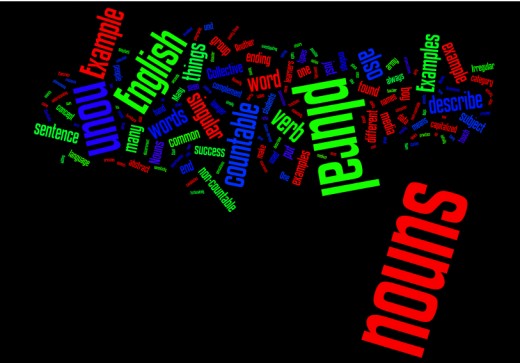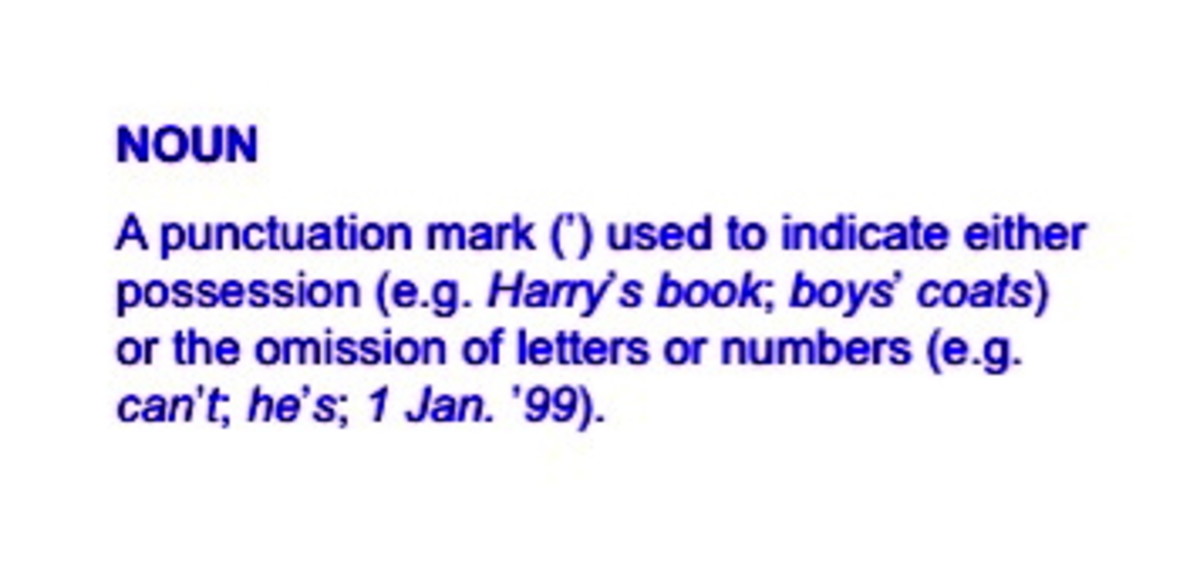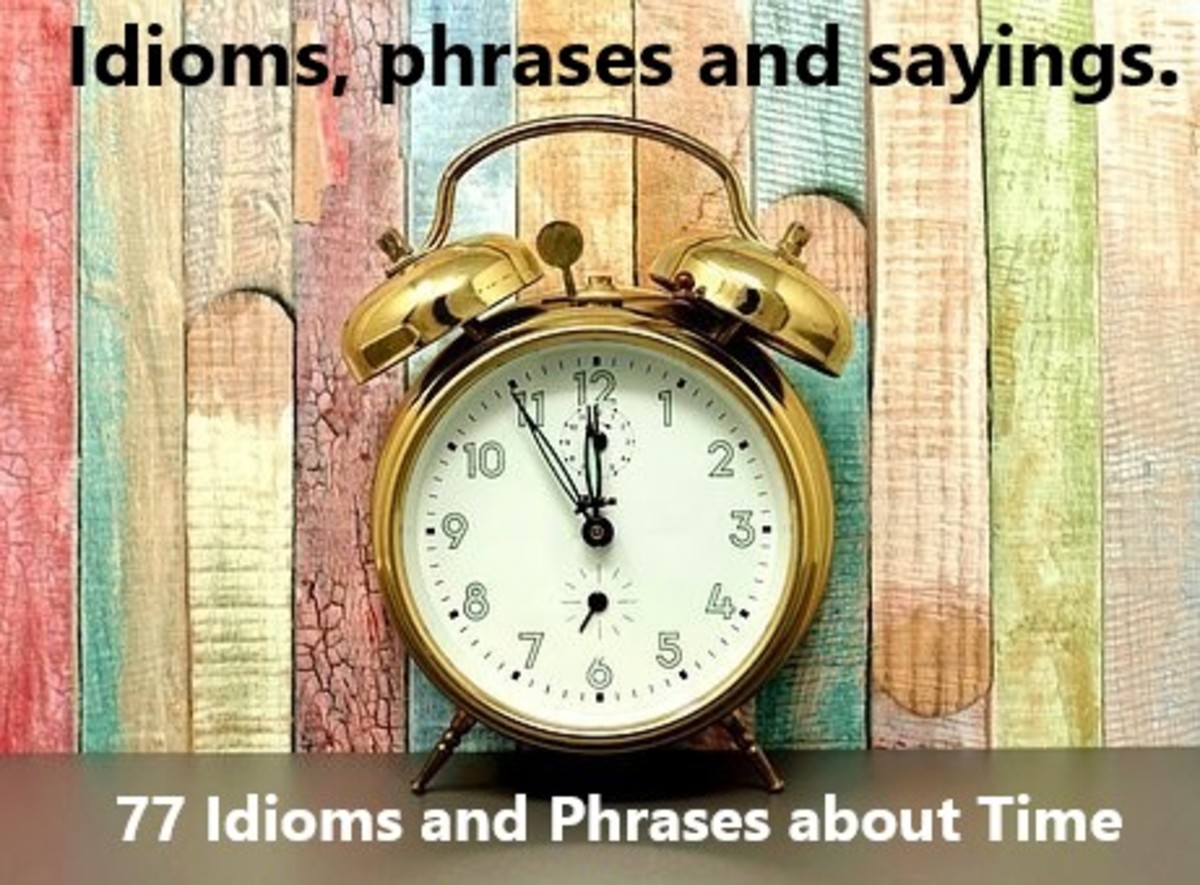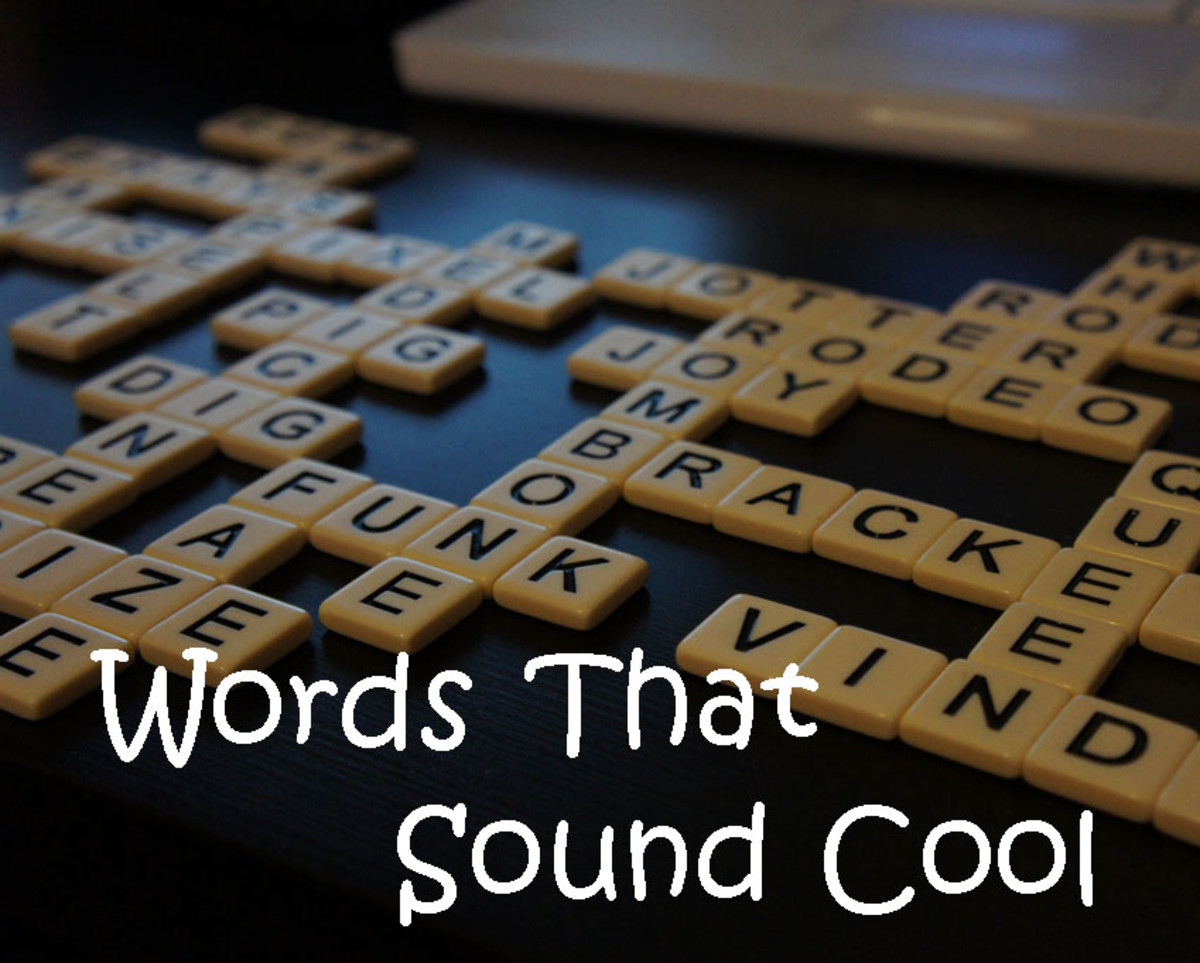Examples of different types of nouns

For many students of English, understanding the core parts of speech is very important. The noun is one of these, and there are different types of nouns in English. What exactly are nouns anyway? A noun describes a person, place or thing. I'm sure you've heard many an English teacher rattle that definition off. Nouns also describe an idea or concept or quality.These are abstract nouns, these are things you can't touch.
Concrete nouns, on the other hand are things that you can touch. They are solid. Nouns also describe organizations, communities, sensations or events. And proper nouns, which are always capitalized, describe people's names, company names, or geographic name a few things. These nouns are always capitalized. Here then is more about different kinds of nouns. Common nouns, on the other hand, describe more mundane things.
Noun endings
- Some nouns can be recognized by their endings.
- One common ending is "ion" : Some examples are tradition, station, vacation. All these words are nouns.
- In English, for many nouns adding an 's' after also indicates that the noun is in the plural form. Example: dogs, cats, girls, boys.
- Another common noun ending is "ity" Examples of this ending are seen in such nouns as ability, activity, and sensitivity
- Many nouns in English also end in "ment" . Example are instrument, discernment, element
- Some nouns end in "ence" Examples are diligence and excellence,
- Some nouns end in "ance" Examples are significance and insurance,
Where do I put a noun in a sentence
A noun is often the subject of the sentence and can be found at the beginning of the sentence followed by a verb. Example with the noun boy, a simple sentence with noun and verb is the boy plays tennis.
A noun can also be found after the verb as its object. Example: I gave the boy a present.
Nouns are also found after the verb as a complement (a word that gives more information about the subject) to the subject, especially when the verb 'to be is used'. For example: I am a lawyer. The word lawyer. Is a complement to the pronoun I.
Countable and non countable nouns
When a noun is countable it means you can put it in the singular and in the plural. One apple; Many apples.When a noun is not countable it means it cannot be put in the plural. If we are talking about the abstract concept of success, then that has no plural. You can have a little success or a lot of success. As you can see, there is no plural here.
Some nouns in English simply have no plural. Examples are staff (not staffs...a very common errors students make), spaghetti and travel.
Sometimes a non-countable noun is just a category of things, which themselves are countable:
- Example: Time ( non-countable), can be measure in hours, minutes, and seconds (countable).
- Money (non-countable) can be measured in pounds, dollars, and cents (countable).
- Furniture (noun-countable) consists of tables, chairs and desks (countable).
Irregular nouns
Some words in English initially were meant as plural are used as singular. For example, the word data (plural for datum--derived from Latin) is one such word.
Example: Recently my computer crashed, but fortunately my data was not destroyed.
Another example is the word media (plural for medium). We refer to the media in the singular. Example: The media has been hostile to the candidates.
Other words in this category include criteria, and phenomena
Irregular plural nouns
The plural irregulars confuse many English language learners. Some examples:
- The plural of man is men
- The plural of child is children
- The plural of tooth is teeth
How about this: There are some words that are the same as singular and plural.
Sheep, moose, crossroads and series are just a few examples.
Collective nouns
Collective nouns have been known to cause confusion to English language learners (even to native speakers). Collective nouns describe a group that functions as a unit and are generally seen as singular words.
Examples: Staff, team, family. It is possible to use a plural verb is you are focusing on the people who make up the group, rather than the group as a unit. For example:
- The army provides excellent opportunities for young people
- The army are investigating the disaster
More grammar hubs
- What are multi word verbs
What are multi-word verbs? As their name suggests they are verbs that are made up up more than one word. Usually this involves a verb, and a word (often a preposition) a particles (some multi-word verbs have more than one particle)/ articles can be a - Some lessons from the elements of style part 2
William Strunk's The Elements of Style, first published in 1918 and available for free in the public domain evolved into a book of the same name by Strunk and E.B White and is a classic writer's manual. Even in 1918, Strunk described the key points o - Fixing apostrophe errors
Apostrophe ignorance is rampant. To give you an example, a flier arrived in my mailbox at the college where I teach communications. - Different types of adverbs
Adverbs are confusing to both native and native speakers of English alike. One reason is that there are different types of adverbs, another is that they perform different roles, and a third reason is that they can be inserted into different places of - Different kinds of verbs
For anyone who struggles with the English language, one solution is knowing and understanding about different kinds of verbs and their functions. - Different kinds of adjectives
Adjectives can certainly be confusing to native and non-native speakers alike. Many learners tend to be more concerned with an adjective's meaning rather than its grammar. So here is some information about understanding about different kinds of adjec - Fixing apostrophe errors
Apostrophe ignorance is rampant. To give you an example, a flier arrived in my mailbox at the college where I teach communications. - Five common grammar mistakes students make, and how ...
f you want to improve your grade by 5-10 percent on your winter term papers, then you need to avoid these five common grammar mistakes my students make on their assignments. Subject-verb agreement Sentence fragments Run-on sentences Comma splices Apo - TOEIC vs TOEFL IBT
f English is not you're first language and you're planning to go to a university where instruction is English or to work for firm with a global presence, then you may find yourself confronting with having to take either a TOEFL test or a TOEIC test. - Some lessons from the elements of style- Part 1
The Elements of Style first appeared in 1918. Written in 1918, the most updated version by William Strunk Jr. and E.B. White is a favorite reference manual for those of us who write. I recently took a look at the Strunk's first version of the book, a







